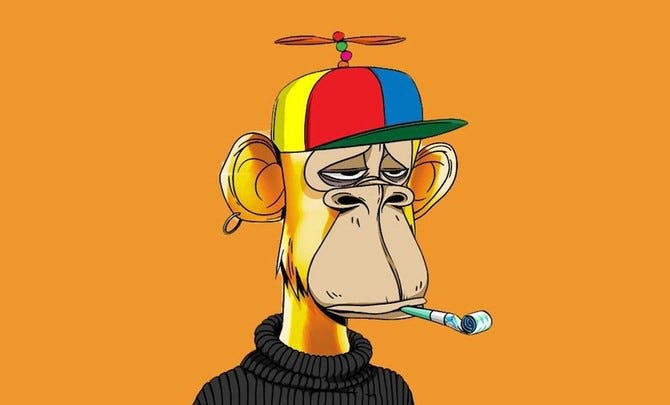“NFT: Understanding Non-Fungible Tokens and Their Impact on the Blockchain Industry
Non-Fungible Tokens (NFTs) have been making headlines in the world of blockchain and cryptocurrency. But what exactly are NFTs, and how do they work? In this blog post, we will explore the concept of NFTs, their creation, design, trading, and storage.
What is an NFT?
An NFT, or Non-Fungible Token, is a unique digital asset that represents ownership or proof of authenticity of a specific item or piece of content. Unlike cryptocurrencies such as Bitcoin or Ethereum, which are fungible and can be exchanged on a one-to-one basis, NFTs are non-fungible, meaning each token is unique and cannot be exchanged on a like-for-like basis.
NFTs are typically built on blockchain technology, which provides a decentralized and secure way to store and verify ownership of digital assets. This makes NFTs ideal for representing digital art, collectibles, music, videos, and other forms of creative content.
Which Blockchain Technology is Used for NFTs?
NFTs can be created and traded on various blockchain platforms, but the most popular and widely used for NFTs is the Ethereum blockchain. Ethereum’s smart contract functionality allows for the creation of unique tokens with customizable attributes, making it well-suited for NFTs.
How are NFTs Created?
Creating an NFT involves minting a new token on a compatible blockchain platform. This process typically requires the use of a digital wallet that supports the creation and management of NFTs. Once the token is minted, the creator can attach metadata such as the title, description, and any additional attributes that define the uniqueness of the NFT.
NFT Design: How is it Done?
NFT design involves creating visually appealing and unique digital assets that can be tokenized as NFTs. Artists and creators can use various digital tools and software to design their NFTs, ensuring that the content is original and has value to potential buyers. The design process may involve creating 2D or 3D art, animations, music, or any other form of digital content that can be represented as an NFT.
Can NFTs be Traded?
Yes, NFTs can be traded on various online marketplaces and platforms that support the buying and selling of digital assets. These marketplaces provide a venue for creators to list their NFTs for sale and for buyers to browse and purchase NFTs that align with their interests. The trading of NFTs has gained significant traction in recent years, with some NFTs selling for millions of dollars.
How to Trade NFTs?
Trading NFTs involves using a digital wallet to buy, sell, or transfer ownership of NFTs on compatible blockchain platforms. Buyers can browse NFT marketplaces to discover and purchase NFTs using cryptocurrency, while sellers can list their NFTs for sale and receive payment in cryptocurrency upon a successful transaction. The trading process is facilitated by smart contracts on the blockchain, ensuring secure and transparent transactions.
What is an NFT Auction?
An NFT auction is a method of selling NFTs to the highest bidder through a competitive bidding process. Auctions can take place on dedicated NFT marketplaces or through specialized auction platforms that cater to digital assets. NFT auctions have become a popular way for creators to maximize the value of their NFTs by allowing buyers to compete for ownership through bidding.
How to Store NFTs?
Storing NFTs involves using a compatible digital wallet that supports the management of NFTs on specific blockchain platforms. It is essential to choose a secure and reputable wallet provider to ensure the safety and integrity of your NFT collection. Additionally, some NFT marketplaces offer integrated wallet solutions for users to store and manage their NFT holdings directly within the platform.
In conclusion, NFTs have emerged as a revolutionary way to represent ownership and authenticity of digital assets on the blockchain. With their potential to disrupt various industries such as art, gaming, music, and more, NFTs are poised to continue shaping the future of digital ownership and creative expression.”
